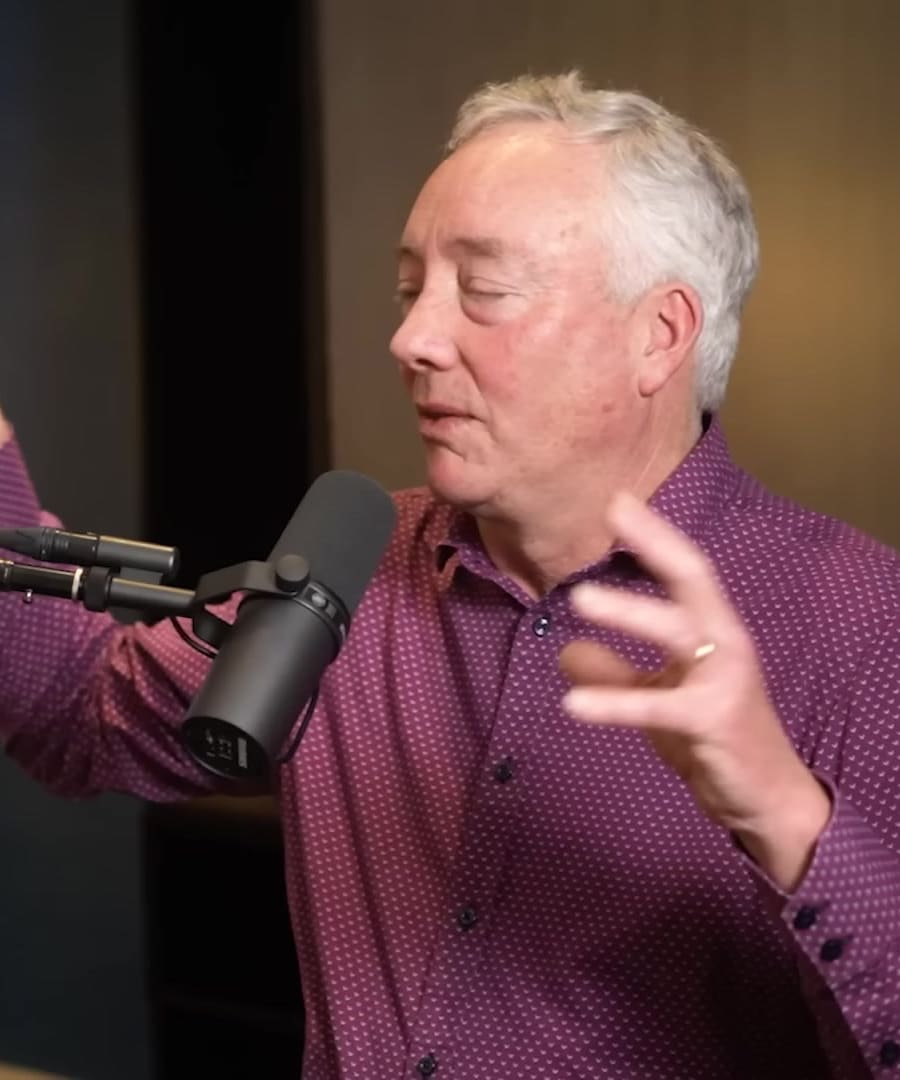What is nuclear fission?
Sources:
Nuclear fission is a process where the nucleus of an atom splits into smaller parts, typically lighter nuclei. The fission process often produces free neutrons and photons (in the form of gamma rays) and releases a large amount of energy. In nuclear fission, heavy elements such as uranium (e.g., Uranium-235) or plutonium are typically used. When a neutron strikes the nucleus of one of these atoms, it causes the nucleus to become unstable and split into two lighter nuclei, along with the emission of neutrons and substantial energy in the form of heat and radiation. The free neutrons then can trigger further fissions, creating a chain reaction. This chain reaction is the principle behind nuclear reactors and nuclear weapons 1 2.
RELATED QUESTIONS

